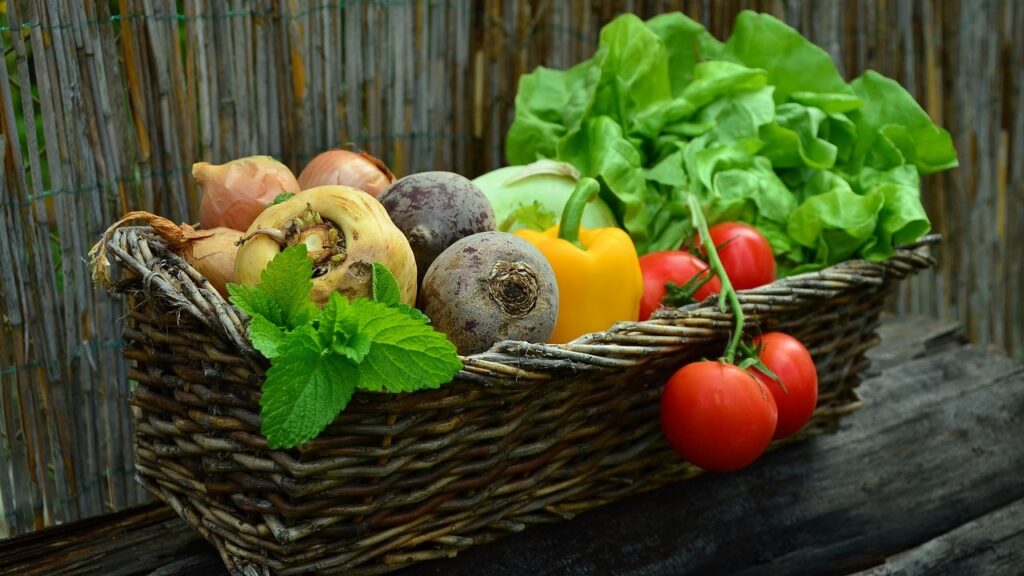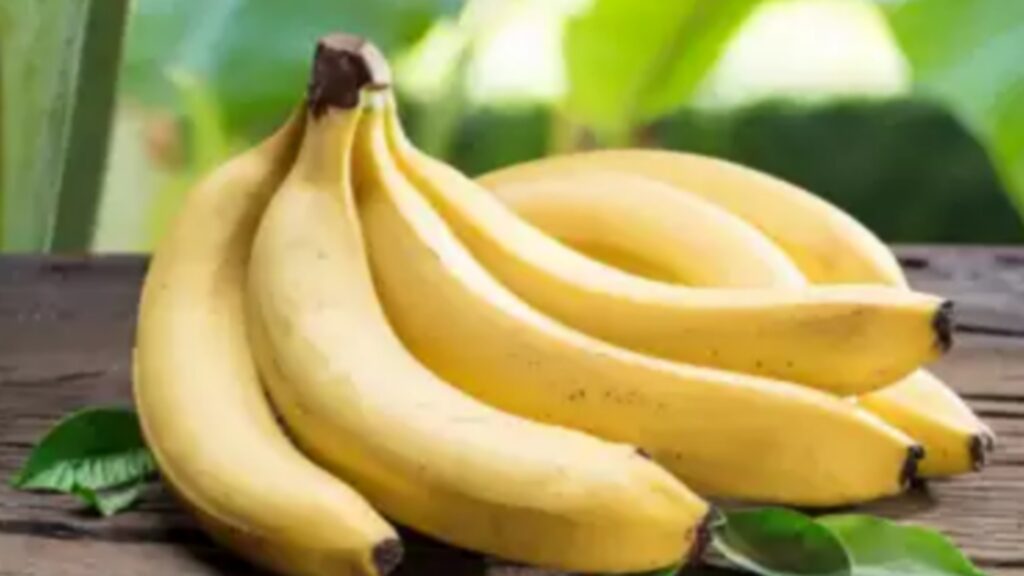Health
High blood pressure, also known as hypertension, is a common health problem that increases the risk of heart disease, stroke, and kidney failure. While medication can help control it, your diet also plays a major role in managing blood pressure levels. Eating the right foods can naturally help reduce high blood pressure and support better heart health.
Here are some of the best foods to include in your diet if you have high blood pressure:

1. Leafy Green Vegetables
Leafy greens like spinach, kale, romaine lettuce, and arugula are high in potassium, a mineral that helps the body remove excess sodium. Sodium is known to raise blood pressure, so eating potassium-rich foods can help balance its effect. Fresh greens are best, but frozen ones are a good option too, just check for added salt.
2. Berries
Blueberries, strawberries, and raspberries are rich in antioxidants, especially a type called flavonoids. These compounds may help lower blood pressure by improving blood vessel function. Adding a handful of fresh or frozen berries to your breakfast or smoothies is an easy and delicious way to get these benefits.
3. Beets
Beets are high in nitrates, which help relax blood vessels and improve blood flow, leading to lower blood pressure. Drinking beet juice or adding cooked beets to salads and side dishes can be helpful. Just be sure to eat them in moderation, as they are naturally high in sugar.

4. Bananas
Bananas are one of the best sources of potassium. Eating one banana a day can help lower blood pressure by managing your sodium-potassium balance. They’re also a convenient snack and can be added to oatmeal or smoothies.
5. Oats
Oats are high in fiber, particularly a type called beta-glucan. This fiber helps lower bad cholesterol and supports healthy blood pressure. Start your day with a bowl of plain oatmeal, and avoid instant versions that may contain added sugars or salt.
6. Garlic
Garlic contains a natural compound called allicin, which has been shown to help reduce blood pressure. Eating raw or cooked garlic regularly, or taking garlic supplements, may offer heart health benefits. It also adds flavor to meals without the need for extra salt.

7. Low-Fat Dairy
Low-fat milk, yogurt, and cheese provide calcium, which is important for maintaining normal blood pressure. Choose unsweetened and low-sodium versions whenever possible. Greek yogurt is especially good because it also contains protein and probiotics.
8. Fatty Fish
Fish like salmon, mackerel, and sardines are rich in omega-3 fatty acids. These healthy fats can reduce inflammation, lower triglycerides, and improve blood pressure. Aim to eat fatty fish at least twice a week for the best effect.
9. Nuts and Seeds
Unsalted almonds, walnuts, flaxseeds, and sunflower seeds are good sources of magnesium and healthy fats. These nutrients help regulate blood pressure and support overall heart health. A small handful a day is enough.
Managing high blood pressure is not just about avoiding unhealthy foods, it’s also about eating more of the right ones. A balanced diet that includes plenty of fresh vegetables, fruits, whole grains, and healthy fats can make a big difference. Combine good nutrition with regular exercise and stress management for the best results.





